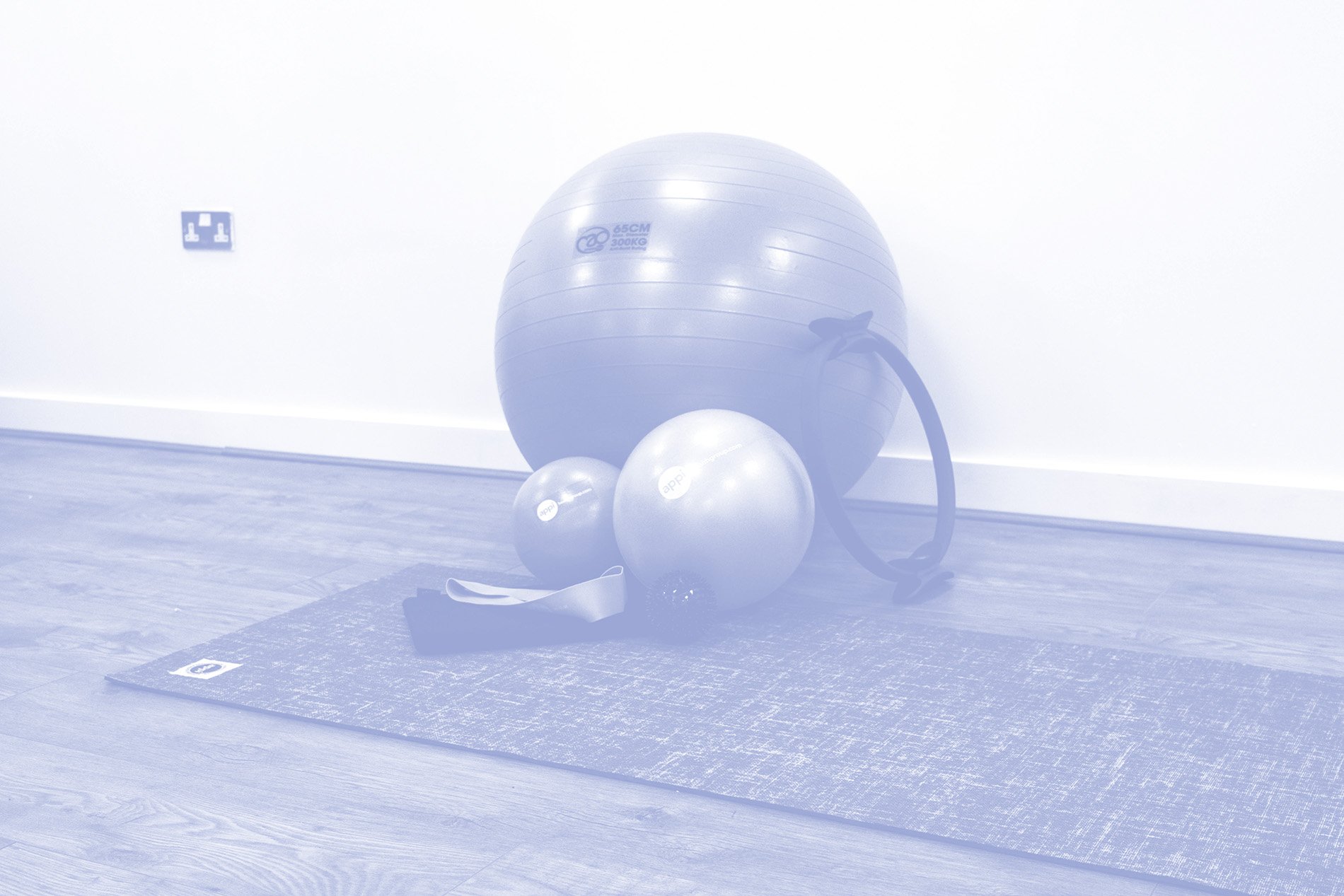
Pilates at The Treatment Table
1:1 Sessions:
If you prefer a more specfic and private session then we can happily accommodate a 1:1 instructional. This is the most intense way of progressing your pilates and will allow you more individual time with the head instructor. Thos gives us the time and opportunities to get to know you and what you want to achieve and why. We will make it as intense and as fun as you like! We love a challenge…
Group Sessions:
If you enjoy Pilates in a group session then we offer Mat Pilates in groups of two to six people. Our head instructor Shauna, is able to tailor the session to make it more challenging or less challenging depending on your goals, injuries or sports specific requirements. Working in a group is a great way of keeping your workouts informal and fun!
Blocks:
Blocks will always work out cheaper as we value and appreciate your commitment to working with us! Bookings can be made online through our website or by downloading the Janeapp from your app store!

"Studies have shown that Pilates improves quality of life by having a positive effect on depression and pain, most notably decreasing back pain.”
What is Pilates?
While the popularity of Pilates has increased in recent years, this method of exercise has actually been around for decades.
Today, there are a number of different Pilates schools that each teach a variation of the original method while all remaining true to the six original Pilates principles:
Breath
Concentration
Control
Precision
Centre
Flow
Pilates works your whole body
Unlike many forms of exercise, Pilates moves the body in all directions and orientations.
This means that in contrast to lifting weights at the gym, which usually works your body in one direction and one plane, Pilates strengthens and mobilises all muscles of the body.
This makes the body universally stronger and can protect it from injury when you happen to suddenly twist or turn in an unusual way. It can also create more balanced and uniform muscles.
This makes Pilates a great way to complement and enhance a gym-based workout with weights.

Pilates can improve your sporting performance
Athletes have benefitted from the Pilates method since it was first invented back in the 1920s.
Since then, however, Pilates has become the go-to for fitness fanatics or people playing recreational sports looking to improve their game, for injury prevention and for rehab. And, as many have discovered, you don’t have to be a professional to reap the benefits of Pilates’s game-enhancing properties.
Athletes (of any standard) can benefit from Pilates. As can people who do triathlons for fun and football after work. Pilates is also an effective way to support your body if you’re a fan of weight-lifting at the gym or running.
After all, Pilates is all about efficiency of movement, creating balanced muscles, and improving mobility in the spine and elsewhere – and these are things all fitness enthusiasts can benefit from.
If you’ve ever tried Pilates then you’ll know that certain movements really challenge your balance – and none more so than the side splits performed on a moving reformer platform on a light spring or lunging on the chair with no handles.
Dynamic exercises like these help to improve the efficiency of the body’s deep stabilising muscles. Through regularly practising these kinds of movements, you can also develop better coordination and balance.
Balance, coordination and stability are skills everyone can benefit from having, from sports professionals to desk workers. For athletes like tennis players, for example, developing better balance through Pilates can help them keep upright after having hit a ball when twisting and on one leg.
Developing these skills can be especially beneficial for older people including those with osteoporosis or at a high risk of falls. Studies have consistently shown that Pilates is an effective form of exercise to improve balance in older adults. Furthermore, Pilates has been shown to have a positive effect on balance and function for those with neurological conditions such as Parkinson’s Disease.





